You probably know him from the monster ’80s classic Bill & Ted’s Excellent Adventure, but besides the recent sequel, Alex Winter hasn’t been seen in many other projects over the years. Turns out there a reason for that, and it isn’t a good one. Read on to find out what happened to Alex Winter that made him not want to act anymore.
Winter was born in 1965 in London, England. His mother was a dancer who studied under renowned choreographer Martha Graham, and started a modern-dance company in London and his father, also a dancer, founded the Mid American Dance Company in St. Louis. Having two parents as performers meant he was around the industry from birth, and got trained at an early age. After his parents divorced, he moved to New York City to live with his mother.
Winter started acting in school plays, and by 12 years old he was acting on stage with legendary actor Yul Brynner in The King and I. He also had a part in Peter Pan and Close of Play. He ended up going to NYU film school but dropped out senior year to move to Hollywood with a friend, where he wrote and directed some music videos and shorter movies. He kept acting though, padding his resume with parts in Rosalie Goes Shopping and Lost Boys.
He got his proverbial big break when he starred opposite Keanu Reeves in Bill & Ted’s Excellent Adventure in 1989. That’s when things really started to heat up in his career and he signed on to develop a sketch show for MTV called Idiot Box in 1991. Then he made his own film with collaborators Tom Stern and Tim Burns called Freaked in 1993. Then he kind of just.. disappeared.
Why did Alex Winter leave Hollywood?
Turns out there’s a pretty awful reason Alex Winter left Hollywood. He was struggling with Post Traumatic Stress Syndrome (PTSD) from being molested as a child when he was an actor. Here’s what he told the Guardian:
“There was The King and I – eight shows a week, happy face – feeling genuinely happy in that role. Great relationship with my mom and dad; great relationship with the co-workers around me … and then this nightmarish other existence.” Winter said the abuse happened “in the 1970s” and that the person who abused him is now dead. He has never named the perpetrator.
After Freaked was only given a small release, he decided to step away so he could deal with his trauma and find a way to heal. “I was just like, I need to stop doing this thing where these eyes are on me all the time and I don’t feel safe or comfortable. I just want to go ride the subway and help raise a family and do my writing and directing.”
What’s Alex Winter doing now?
After a long break from the industry, Alex Winter returned, but wearing a different hat – a director’s one. His first project was a psychological thriller he wrote and directed called Fever. It starred former child actor Henry Thomas (E.T.) and Teri Hatcher. While it didn’t get a huge release, it was warmly received by critics. A.O. Scott from the New York Times said it was “Pure Hitchcockian panic. An arresting example of what a talented filmmaker can do with the sparest of means,” and Variety said it was an “eerie, insinuating tale of urban dread and mental breakdown, and reps an impressively sophisticated solo directorial debut.”
A slew of other directing jobs followed: Ben 10: Alien Swarm was a huge hit on the Cartoon Network, pulling in the highest ratings ever for the network up to that point. In 2012 he directed Downloaded, about media sharing on the Internet. He had a small acting role in 2013’s Grand Piano with Elijah Wood. He directed documentaries about important news topics like the release of Barrett Brown from prison called Relatively Free, and a 2015 documentary about Donald Trump’s campaign called Trump’s Lobby.
In 2018, he released documentaries about The Panama Papers and Blockchain, called The Panama Papers and Trust Machine: The Story of Blockchain, respectively. He crowdfunded a biographical documentary about legendary musician Frank Zappa called Zappa. One project that was especially close to his heart was the HBO documentary Showbiz Kids, about child stars, which Variety called “a rambunctious and revealing documentary about what it’s like to be a child star in Hollywood.”
It touches on teen sexuality issues, but as NPR puts it, he does it with “both frankness and restraint.” In addition to his documentaries that shine lights on social issues, he is heavily involved in social activism, and is especially interested in privacy issues and governmental involvement in it. In 2015, he wrote an article for Esquire about the topic, where he talked about the early Internet and how it affected him:
“This was a rich and intriguing world, people from all walks of life communing with total anonymity to create unbridled openness. There were political aspects, but no particular viewpoint was dominant. The community was a melting pot of hackers, cryptographers, anarchists, libertarians, social activists, artists, drug users and dealers, and the simply curious, like myself. I was coming to prominence as an actor in the movies around this time, and was feeling the sting of losing (for good as it happens) any degree of normal anonymity in the physical world. Perhaps I was particularly drawn to the fully anonymous communities online.”
He describes how he was unsettled when things like the Silk Road and Napster were quickly pushed out of existence by the government. He also said the Internet was the first place he confronted being sexually abused: “I found this sort of post-trauma community before I started dealing with stuff in therapy in a hard-and-fast way.” He even gave a TED Talk on the subject, which has accumulated 2.2 million views.
He made his triumphant return to acting in 2020 with Bill & Ted Face the Music. It didn’t do great at the box office, mostly due to COVID, but it was warmly received by critics and die hard fans alike.
Winter’s latest documentary is called The YouTube Effect, which had a sold out theatrical run in July of last year. He’s back in front of the camera as well, in the horror-comedy Destroy All Neighbors. It premiered on the horror streaming service Shudder and had a limited release in January.

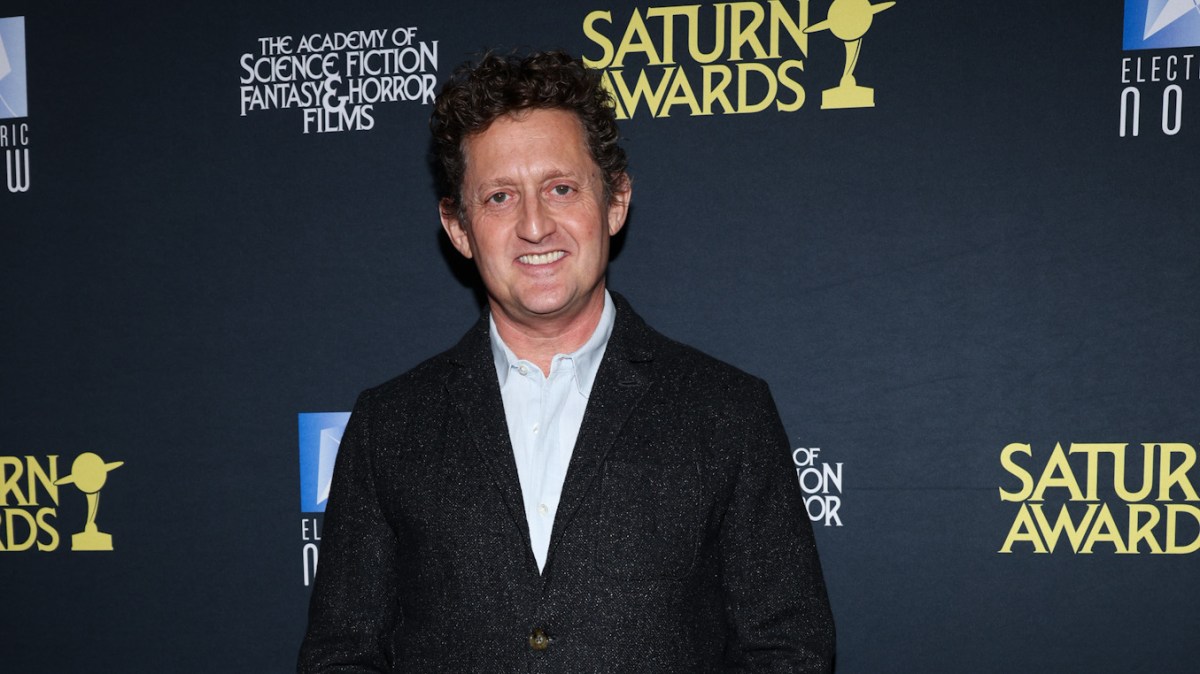

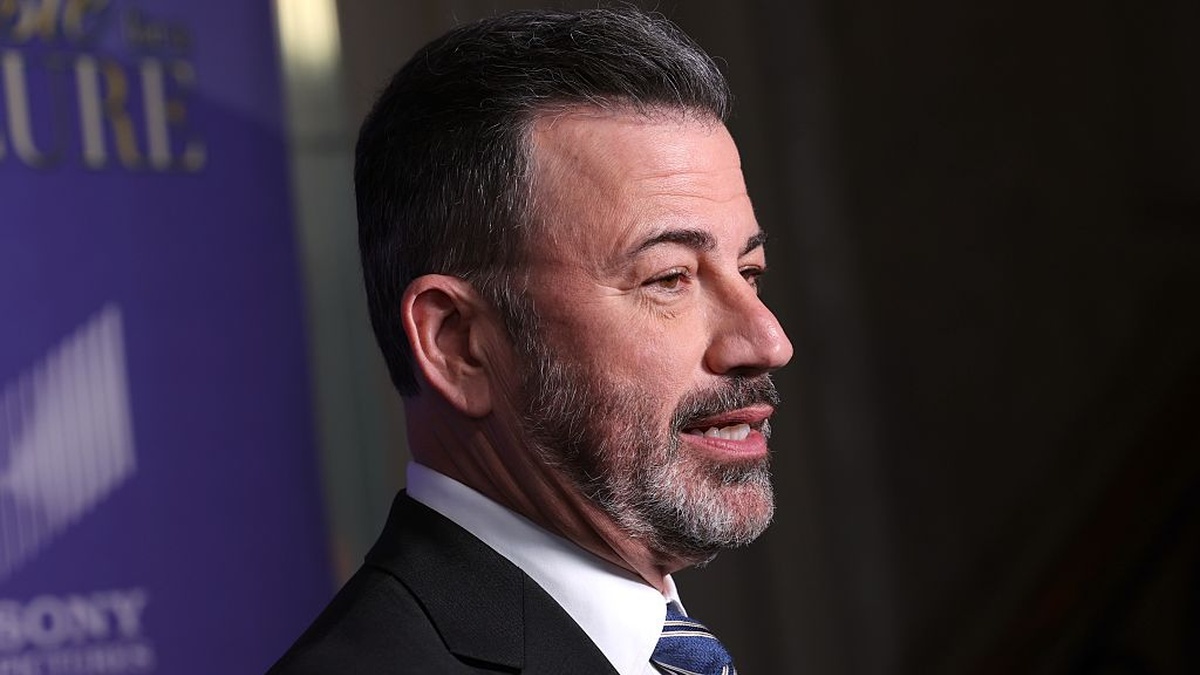
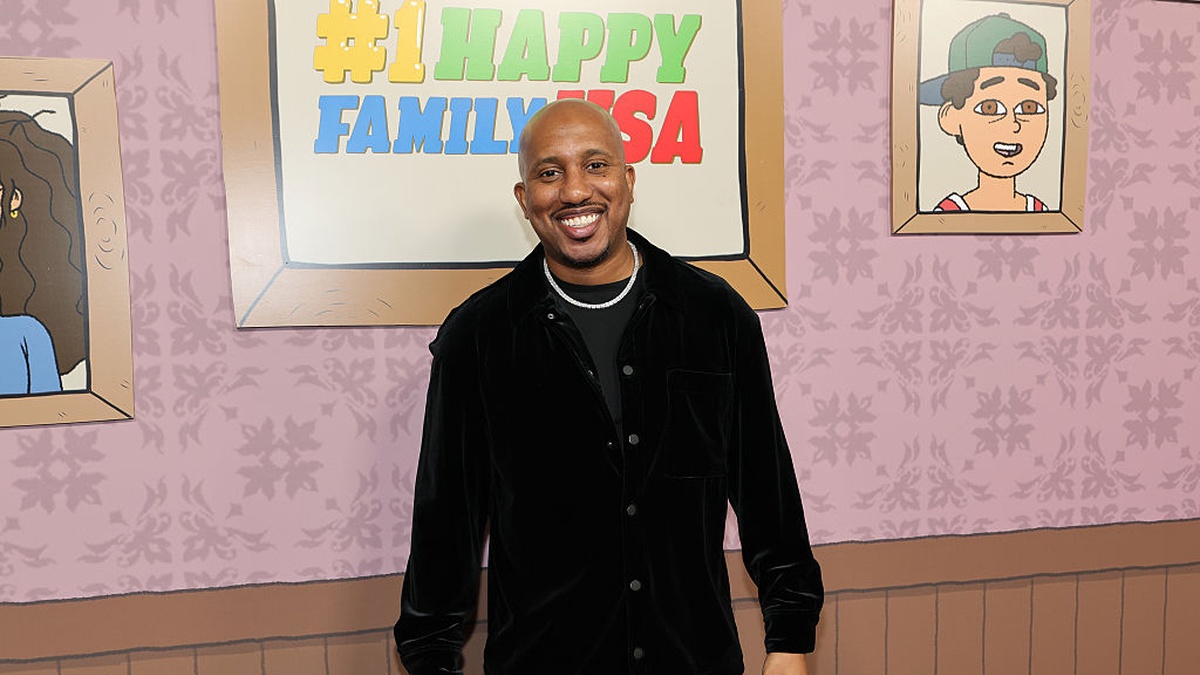



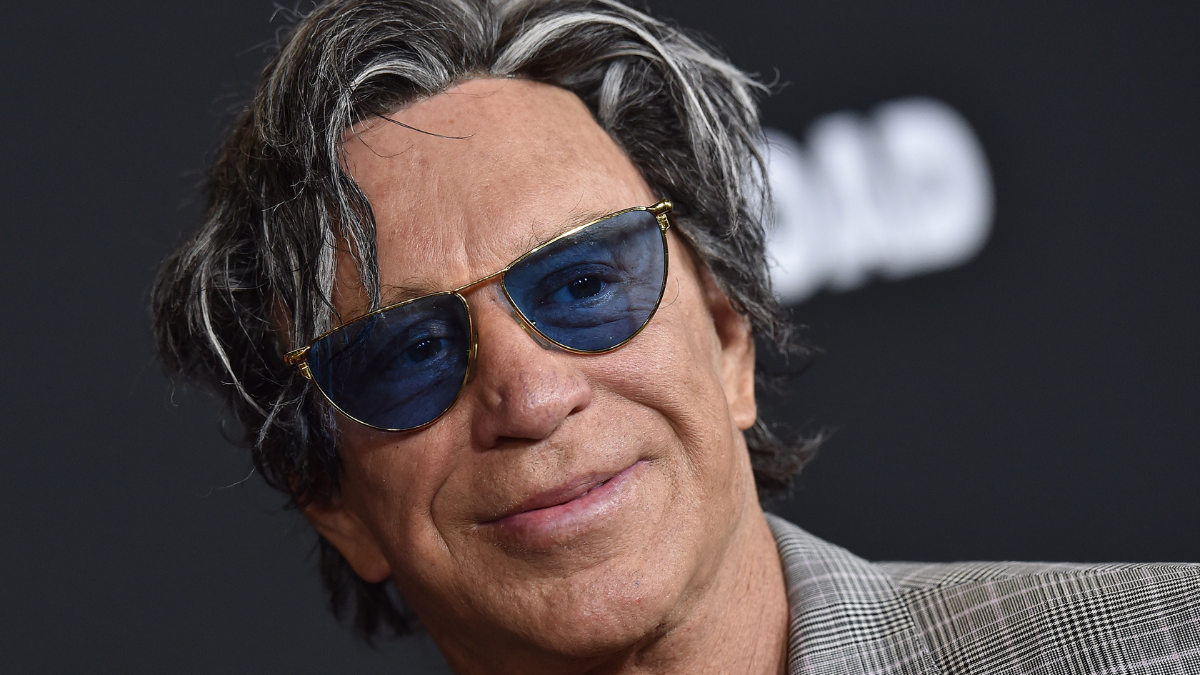
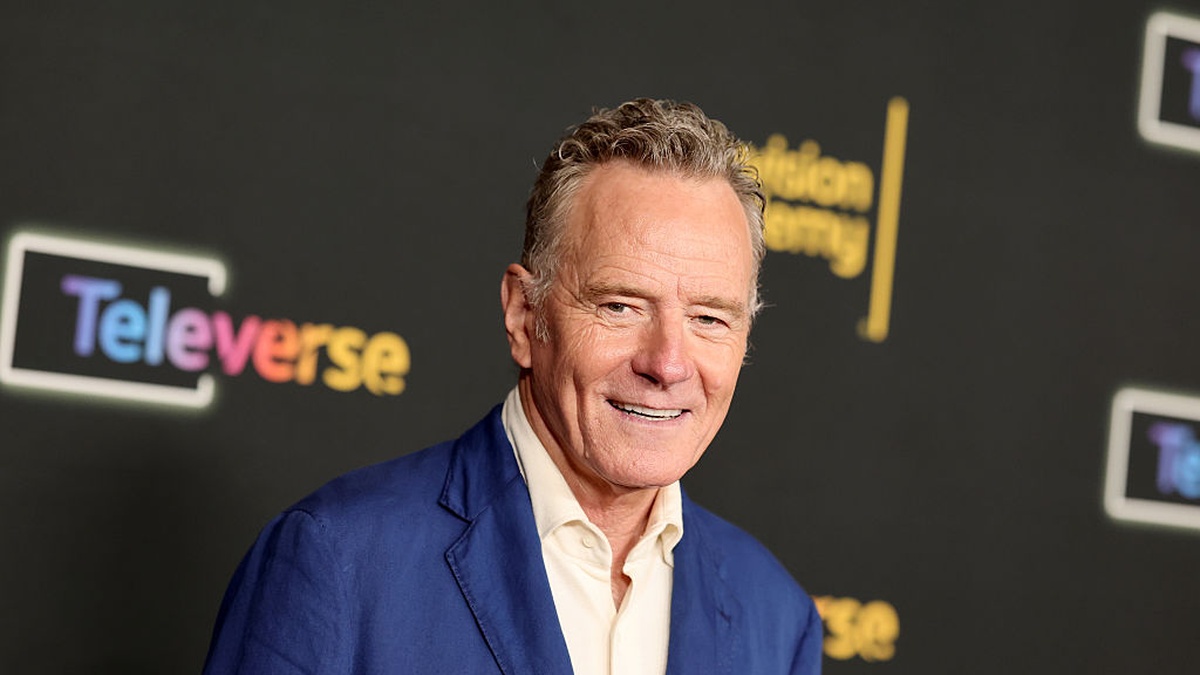

Published: Mar 28, 2024 05:14 pm